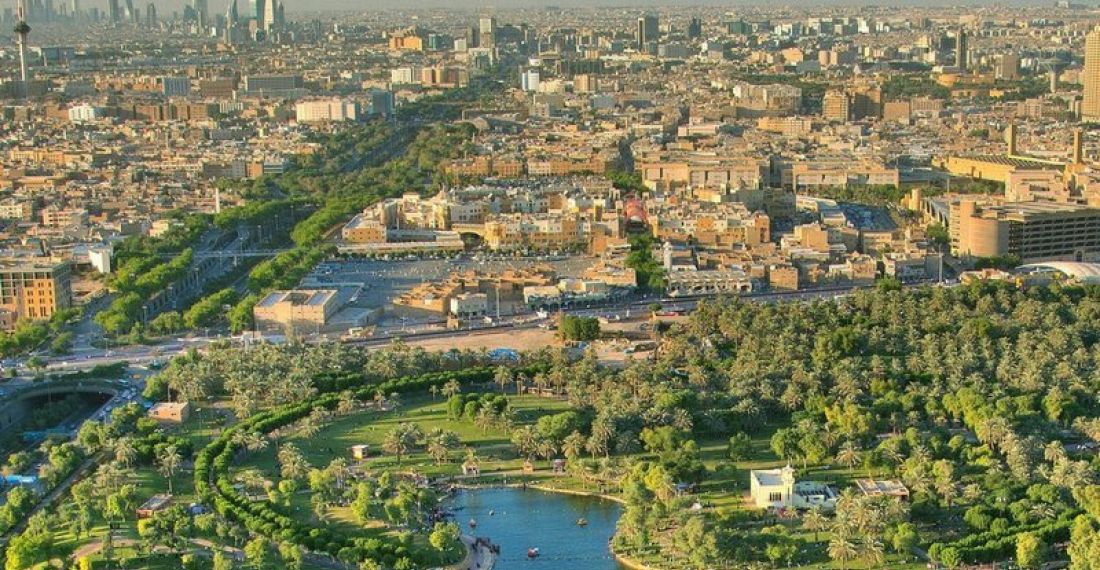Saudi crown prince, Mohammed bin Salman, unveiled two ambitious initiatives to help the kingdom move towards tackling climate change. The Saudi Green Initiative and the Middle East Green Initiative present an ambitious roadmap for Saudi Arabia and the region to meet worldwide emissions targets.
The crown prince said that the kingdom recognises fully its share of responsibility in advancing the fight against the climate crisis and saw the measures as "just the start", rejecting the notions that preserving the economy and protecting the environment are incompatible.
Young people, both in the kingdom and the world, are demanding a cleaner, greener and more inclusive future, and we owe it to them to deliver on this, the crown prince said.
Desertification and air pollution are two of the main challenges facing the kingdom currently. The Saudi Green Initiative will raise vegetation cover, reduce carbon emissions, combat pollution and land degradation, and preserve marine life. The initiative will also work to reduce global carbon emissions by over four per cent by 2030.
In conjunction with the Saudi Green Initiative, the kingdom will work on the Middle East Green Initiative with other countries in the Gulf and wider MENA region. The project includes planting trees, restoration and reducing the carbon footprint
Climate action will enhance competitiveness, spark innovation, and create millions of high-quality jobs, he said, according to the Saudi official press agency.
Source: commonspace.eu with the National (Abu Dhabi).
Picture: View from Riyadh (Twitter: @SaudiProject).







